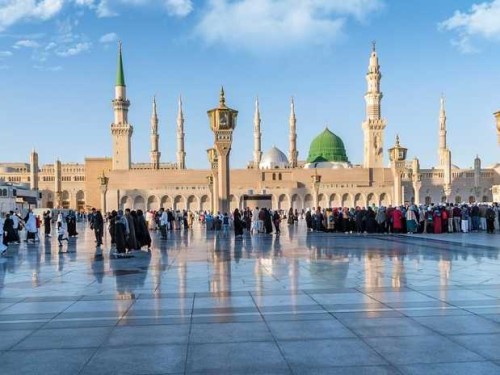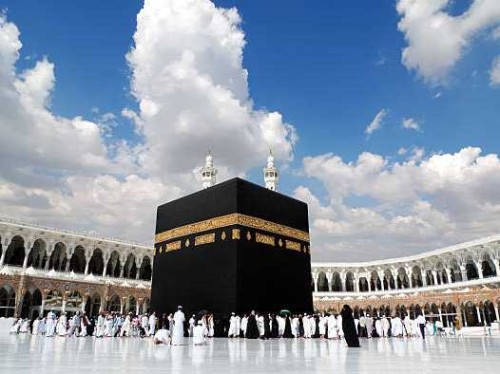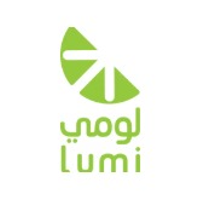DESTINATION DETAIL
Madinah
Details
📍 Location & Meaning of the Name
- Madinah (Medina)
literally means “the city” in Arabic. Its full name is Al-Madinah
al-Munawwarah, meaning “The Enlightened / Radiant City.”
- It lies in the Hejaz region of western Saudi Arabia, about 150
km inland from the Red Sea and roughly 450 km north of Makkah.
🏛 History
- Known in ancient times as Yathrib, Madinah was an oasis
settlement inhabited by Arab tribes and Jewish communities.
- In 622 CE, Prophet Muhammad ﷺ and his followers migrated
here in the Hijrah, marking the start of the Islamic calendar.
- In Madinah, the Prophet established the first Islamic state,
the Constitution of Madinah, and built the Prophet’s Mosque
(Masjid an-Nabawi).
- It became the political, spiritual, and cultural center of Islam in
the Prophet’s lifetime and after his passing in 632 CE, when he was
buried there.
- Today, Madinah remains a spiritual heartland for Muslims and a
major center for Islamic scholarship.
🌤 Weather & Climate
- Madinah has a hot desert climate.
- Summers: extremely hot, often 40–45 °C.
- Winters: mild, around 15–25 °C in the day,
cooler at night.
- Rainfall is scarce and irregular, mainly in winter months.
- Best time to visit: October to April.
👥 People & Culture
- Population: about 1.5–2 million residents, but during peak
Umrah and Hajj seasons, numbers swell dramatically.
- The city is home to Saudi nationals and expatriates from
across the Muslim world.
- Culture is deeply tied to Islamic traditions, scholarship,
hospitality, and spirituality.
🏞 Best Places to Visit
- Masjid an-Nabawi (Prophet’s Mosque) – one
of Islam’s holiest mosques, containing the Prophet’s tomb.
- Quba Mosque – the first mosque built in Islam.
- Qiblatain Mosque –
where the Qur’anic command to change the prayer direction (qibla) from
Jerusalem to Makkah was revealed.
- Uhud Mountain & Battlefield –
site of the famous Battle of Uhud.
- Masjid al-Ghamamah & Masjid al-Qiblatain – historic mosques with strong Islamic significance.
- Dar Al Madinah Museum –
focuses on the city’s Islamic history and heritage.
🍽 Food
- Traditional Hijazi cuisine is popular:
- Kabsa (rice with spiced meat)
- Mandi (slow-cooked rice and
lamb)
- Mutabbaq (stuffed pancakes)
- Dates & Arabic coffee –
central to hospitality
- Because of international visitors, Madinah offers a wide range of global
cuisines as well.
🎭 What It Offers to Tourists
- Religious tourism: A
key destination for Umrah and Hajj pilgrims, second only to Makkah.
- Spiritual enrichment:
praying in Masjid an-Nabawi (one prayer here is said to be worth 1,000
prayers elsewhere, except in Makkah).
- Islamic heritage:
exploring historic mosques, battle sites, and museums.
- Peaceful atmosphere:
Madinah is known as a city of peace and tranquility, offering
pilgrims a chance for reflection and spiritual growth.
👉 Like Makkah, Madinah is primarily for Muslim visitors due to its
sacred status. For Muslims, it is the city of the Prophet ﷺ, offering a
blend of faith, history, and serenity unmatched anywhere else.
×








